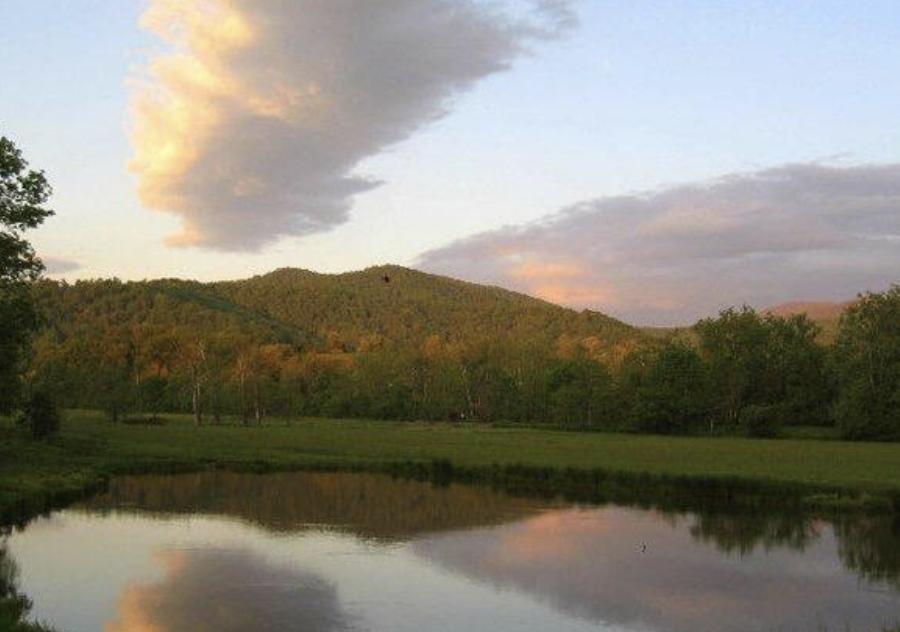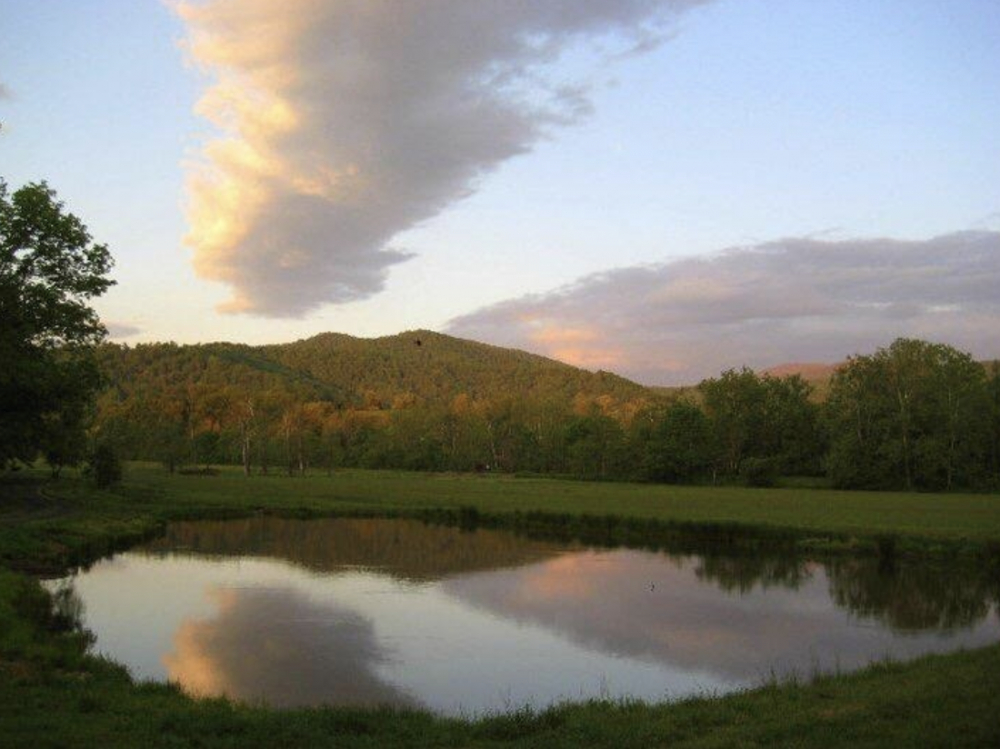We’ve all been brought to our knees—or lower—by this hideous little protein molecule known as the Coronavirus. More than a million people have been infected by it, many fatally. So much has already been written about the virus, history in real time, but we still don’t know how the story will play out. Yes; we are all in this together. Yes, we will get through it. But those are platitudes meant to give us heart and comfort, not really answers to questions or meaningful perspectives or context to the personal tragedies playing out daily. Nor, for that matter, do they forecast the shape of the world to come.
It’s not helpful, either, to play the blame game. There are a million-and-one reasons this has happened—is happening—but the fact remains we’re all groping in the dark without any batteries in our flashlights. That’s why I’ve decided today to shine a light on the wonders of this world rather than to disclaim its danger and doom. It may not help you much, but selfishly, I find it helps me.
A few nights ago, the wee wife and I had virtual cocktails with dear friends who are sheltering-in-place in their London home. It’s much the same there as it is here: lonely, boring, scary. But as we talked into our computers, the distance between us began to melt away and we felt, for a few minutes at least, connected again. That’s a wonder to me: sitting here, chatting with them over there. It’s not a perfect medium but it’s far better than nothing. Technology can have a human face.
We’re all learning a new language, too. The wee wife likes the concept of staying “physically distant but socially connected.” I like that, too. We’ve redefined personal space: the circle of friendship—a familiar concept to those of us who (used to) play golf and concede putts—has now officially been set at six feet. I’m not sure what mathematical or statistical yardstick was used to define acceptable physical distance, but who cares? It gives us something by which to measure safety and friendships and that’s alright with me.
Time, like space, used to be relative, but now that we have plenty of it, I’m learning to appreciate it more. Now I have time to read a book or two; hell, now I have to write a book, something I’ve wanted to do all my life. So I’m doing it. I doubt it will ever be a bestseller, but I’m learning a lot, just like my grandchildren who are learning a lot in their virtual classrooms and their parents who are learning to be teachers. Wasn’t that the way it was supposed to be: parents teaching their children?
I heard on NPR the other day that this current crisis is more a political one than a health one. That caught my attention. I believe it was an Israeli sociologist who was being interviewed and he was making the point that, unlike with medieval plagues, we know what we are up against with this coronavirus and we know how to stop its spread. The question therefore becomes are we willing to pay the disease’s social and political price? Will we change our comfortable behaviors in order to kill the beast? There’s new light in that kind of thinking.
Despite all the traumas caused by the coronavirus, this is still a wondrous world. There are silver linings all around us. The hole in the earth’s ozone layer is shrinking. The oceans are cleaner. Pollution is disappearing because traffic is almost non-existent. People are exercising more, being kinder to one another. They seem to me more thoughtful, more generous, more empathetic, more creative and resourceful. Funnier. When this fog finally lifts, will these new attitudes last? Will we see more clearly, act any differently? Time will tell.
I’ll be right back.
Jamie Kirkpatrick is a writer and photographer with a home in Chestertown. His work has appeared in the Washington Post, the Baltimore Sun, the Philadelphia Inquirer, the Pittsburgh Post-Gazette, the Washington College Alumni Magazine, and American Cowboy Magazine.
Two collections of his essays (“Musing Right Along” and “I’ll Be Right Back”) are available on Amazon. Jamie’s website is www.musingjamie.com




Rick Balaban says
Thanks Jamie